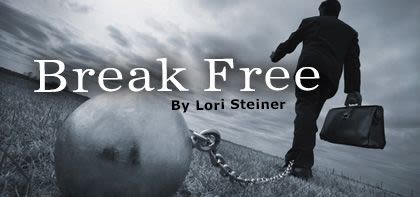
Break Free
The world’s most powerful land animal, capable of uprooting a tree as easily as we could break a toothpick, remains defeated by a small wooden peg and a flimsy chain…

Zookeepers typically strap a thin metal chain to a grown elephant’s leg and then attach the other end to a small wooden peg that’s hammered into the ground. The ten-foot tall, 10,000-pound elephant could easily snap the chain, uproot the wooden peg, and escape to freedom with minimal effort. However, it doesn’t. In fact, the elephant never even tries. Why?
The world’s most powerful land animal, capable of uprooting a tree as easily as we could break a toothpick, remains defeated by a small wooden peg and a flimsy chain. This is because when the elephant was a baby, its trainers used the exact same methods to domesticate it. A thin chain was strapped around its leg and the other end of the chain was tied to a wooden peg in the ground. At the time, the chain and peg were strong enough to restrain the baby elephant. When it tried to break away, the metal chain would pull it back. Sometimes, tempted by the world it could see in the distance, the elephant would pull harder, but the chain would not budge. Soon the baby elephant realized trying to escape was not possible, so it stopped trying. The lesson was ingrained in its mind.
Now that the elephant is all grown up, it sees the chain and the peg. It remembers what it learned as a baby: that the chain and peg are impossible to escape. Of course, this is no longer true, but it doesn’t matter. It doesn’t matter that the 200-pound baby is now a 10,000-pound powerhouse. The elephant’s self-limiting beliefs prevail. He sees himself as small and unable to break free.
The author of this story is unknown, but many people have shared and embraced its very clear message.
If you think about it, we are like elephants. The Torah refers to us in our infancy as grasshoppers – afraid to enter the Promised Land for fear of the “giants” that lived there. We all have incredible power inside us, but because of our past conditioning, we feel weak inside. We have our own chains and pegs, which are our self-limiting beliefs that hold us back, imprisoned in the confines of our minds. Sometimes it is a 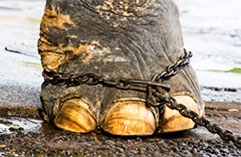 childhood experience or an early failure or something someone said that we cannot seem to release.
childhood experience or an early failure or something someone said that we cannot seem to release.
It is true that we learn from the past, but we must be ready to update our thinking based on how our circumstances have changed and lessons and truths learned over time that need to replace the erroneous, limiting beliefs to which we often cling. The Jewish People have been so used to accepting the culture foreign to our neshamas (souls) that we often cringe at the thought of changing and moving forward. It appears hopeless, and we feel like the trapped adult elephant. We give up before we even start, so accustomed are we to living in exile and in a state of submission.
This story applies to each and every person as an individual based on his or her own unique life journey from infancy to adulthood. It also has relevance for the Jewish people as a whole. In our infancy we were shackled as slaves, G-d set us free, and then led us on our individual journeys to learn the lessons He wanted us to learn. Yes, we were set free, but most of us wound up in chains again – chained to the predominant culture we found ourselves living amongst. Our motto became, “If you can’t beat ‘em, join ‘em.” Many of us assimilated. If we looked for G-d, it appeared to us that He purposefully hid His face, and many of us got lost and confused. Unfortunately, we were led astray by falsehoods we clung to as if they were set in stone.
This is the history of the Jewish people. We were imprisoned in Egypt and then set free; Hashem looked after us in our infancy, giving us water from the well of Miriam, feeding us manna from heaven, providing us clothes that never needed washing and grew as we grew, and protecting us with the clouds of glory. Our physical needs were taken care of. Then He let us go to see how we would fare in the physical world. Many gave up spirituality altogether, which led to the spiritual holocaust and rampant assimilation.
Over 3,300 years ago G-d gave us an Instruction Manual for Life called the Torah and watched over us to see what we would do with it, how much we would yearn for Him to return to us or send the Mashiach for clarification. Left on our own devices, too many of us became like the baby elephant, shackled and convinced that we are strangers in a foreign land—that we need to be submissive to the primary culture we find ourselves living in if we are to survive.
We need to rid ourselves of the negative beliefs that it’s too late, we’re too old, it doesn’t matter anymore, or it’s too difficult. Blaming, criticizing, playing the victim, or complaining have never resulted in progress or positive outcomes.
We need to look at the opportunity we have right now to take responsibility for our own transformation– the chance to discover the real meaning of our lives. That will involve the decision to rise above our nature and enter the realm of spirituality as the true reality while still remaining connected to the physical but not shackled by it. We can be free now. Being free involves the service of Hashem, for only He knows what our souls need.


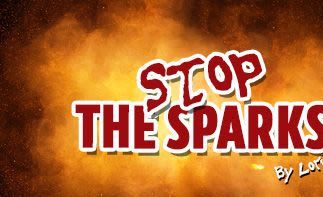




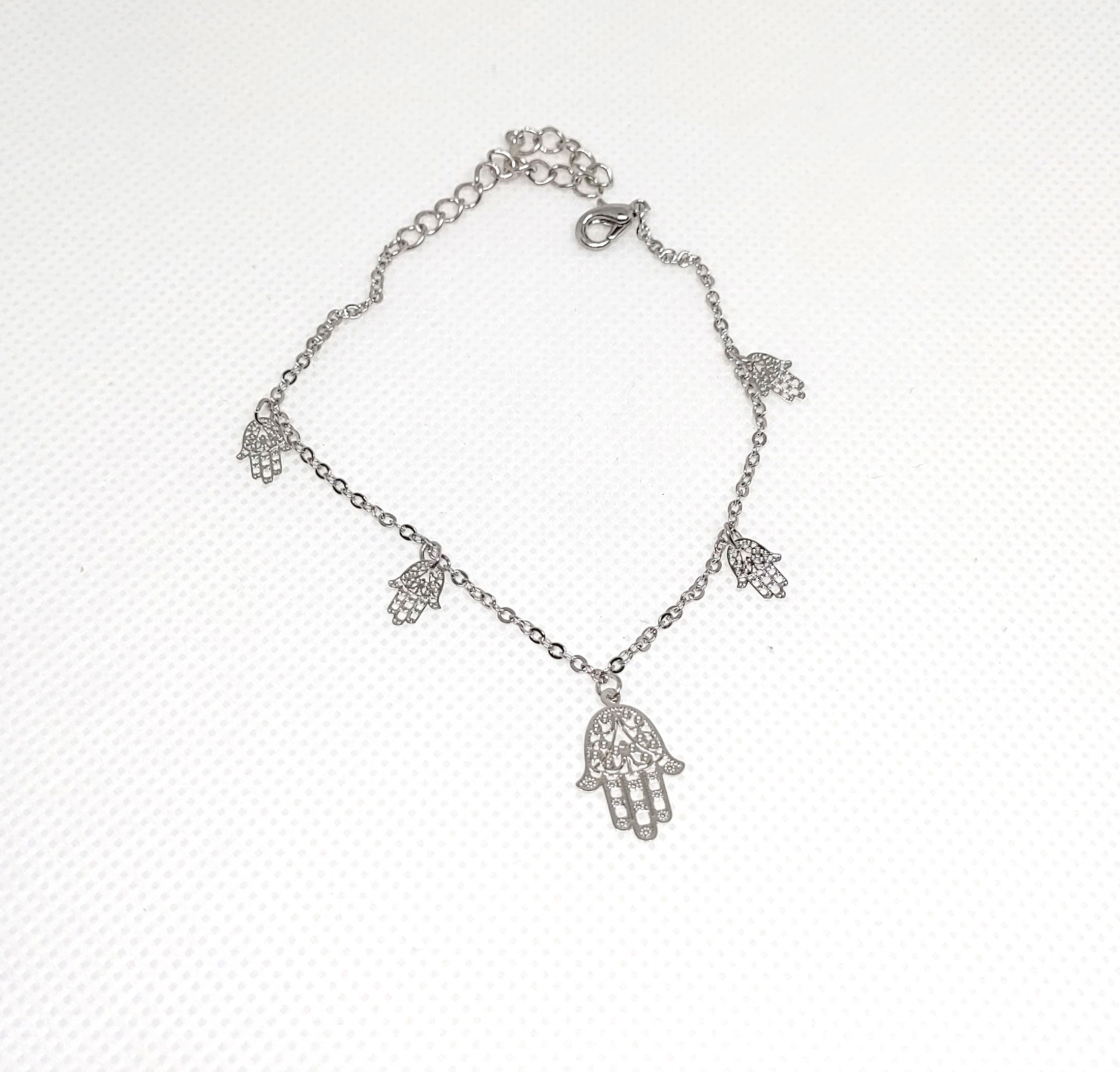


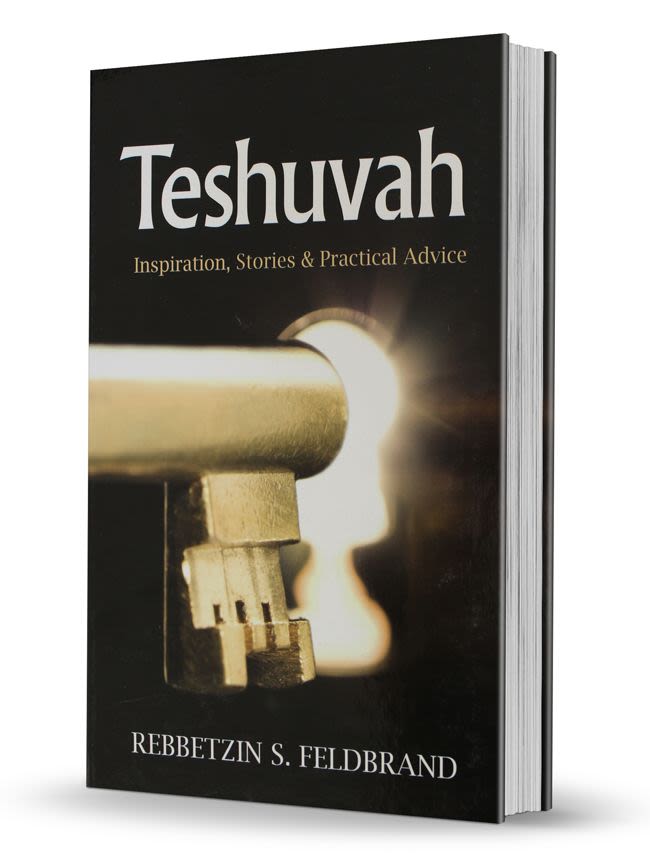
Tell us what you think!
Thank you for your comment!
It will be published after approval by the Editor.